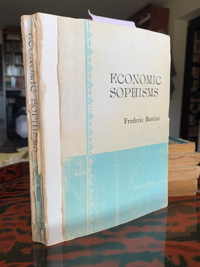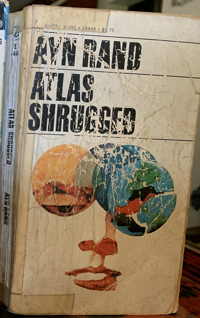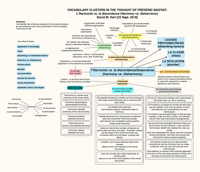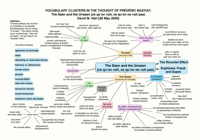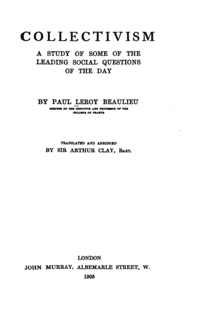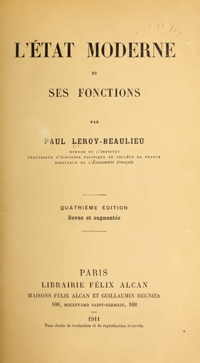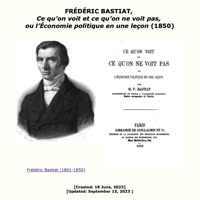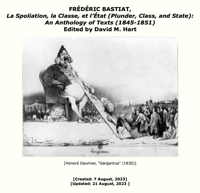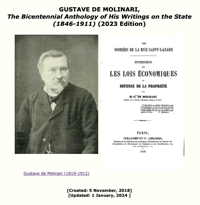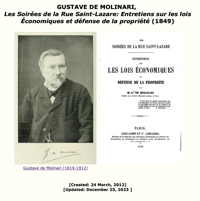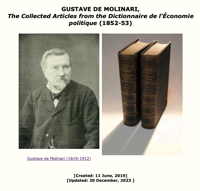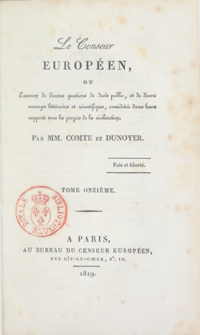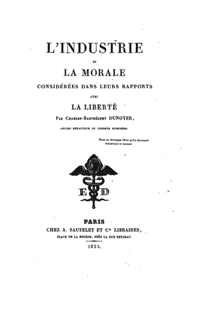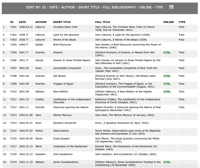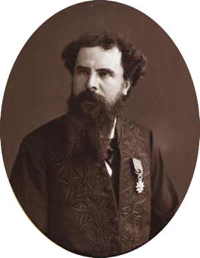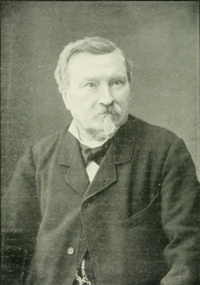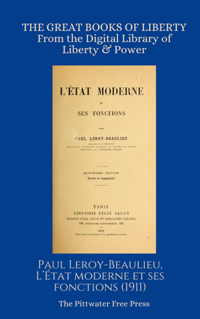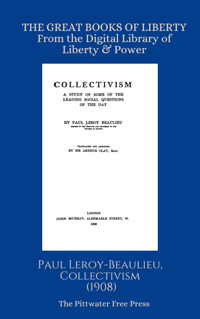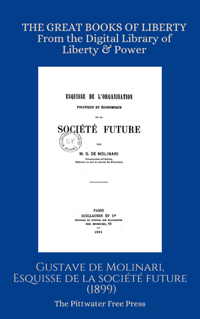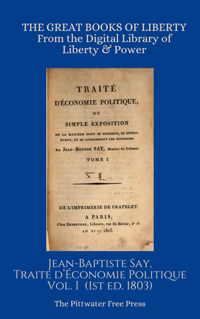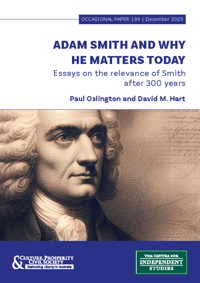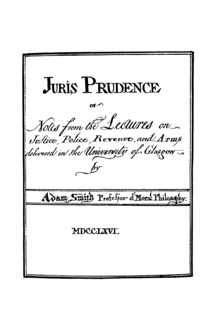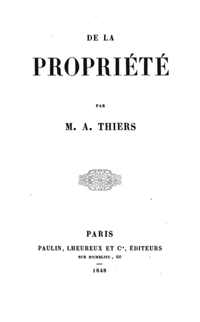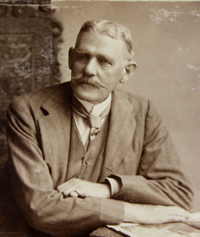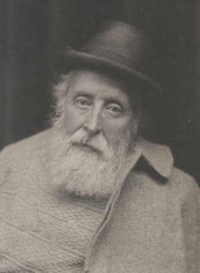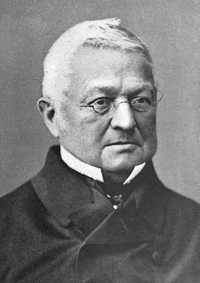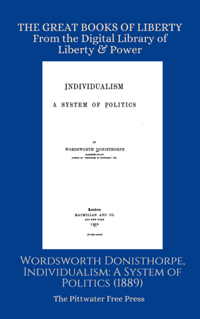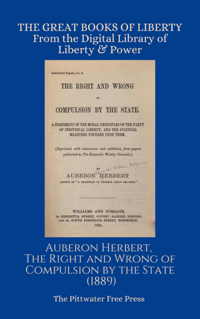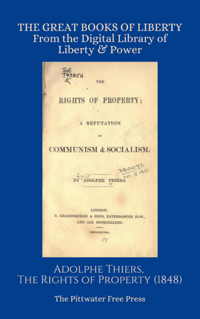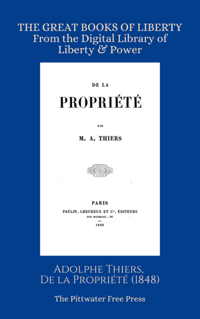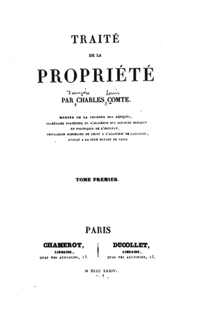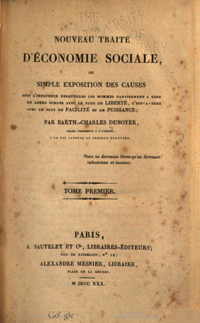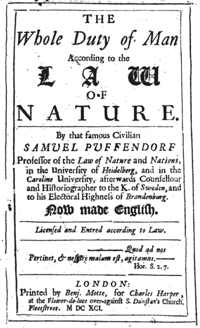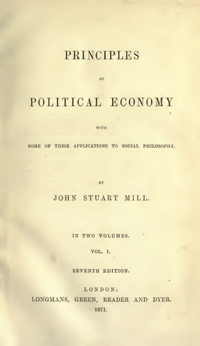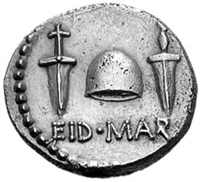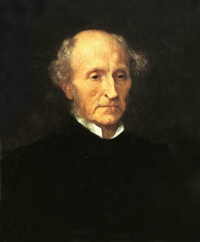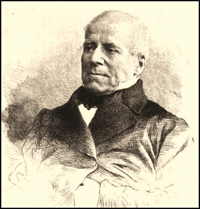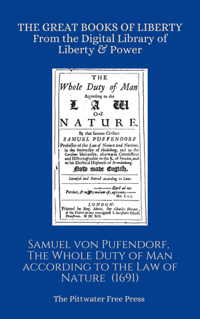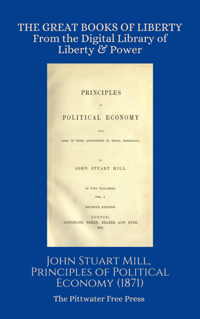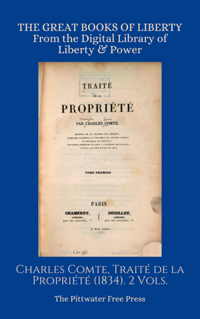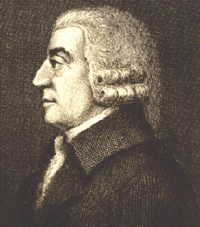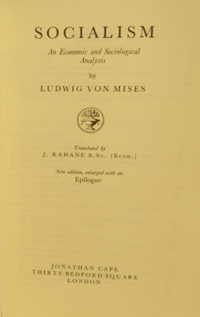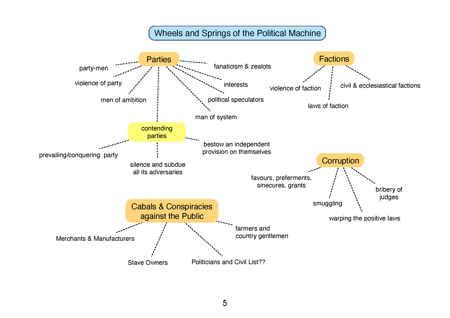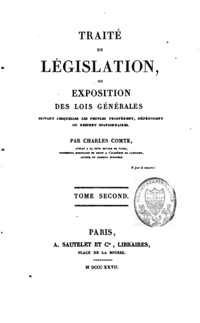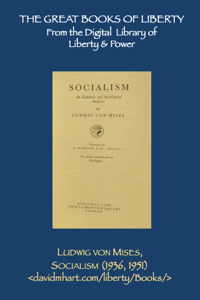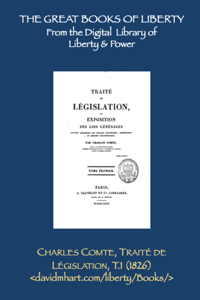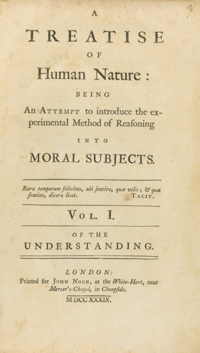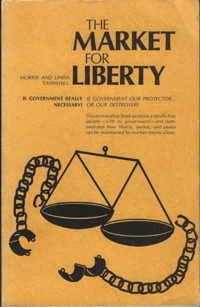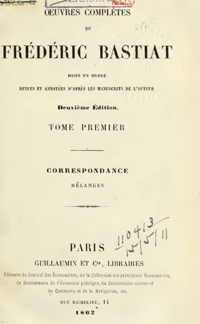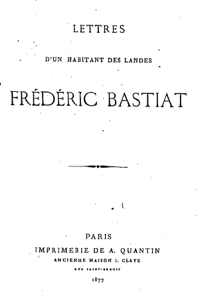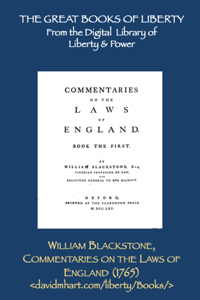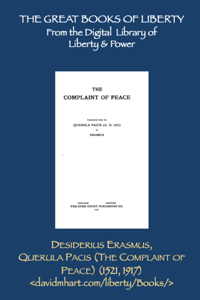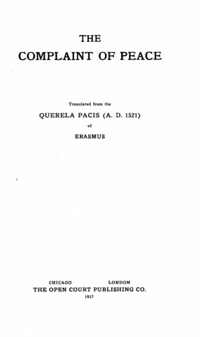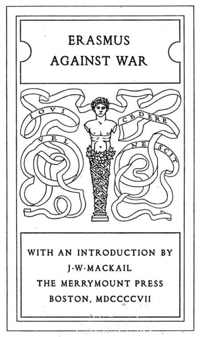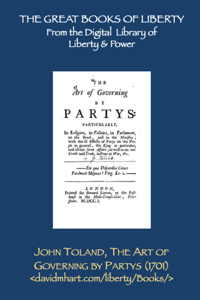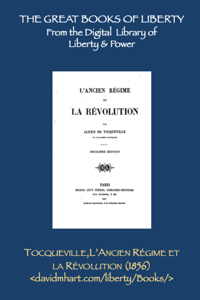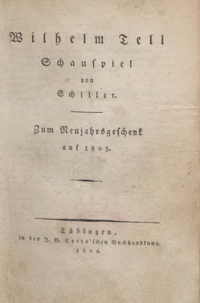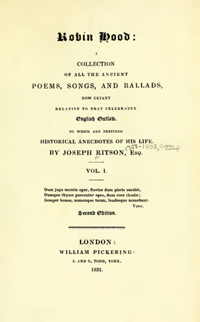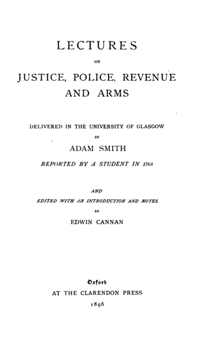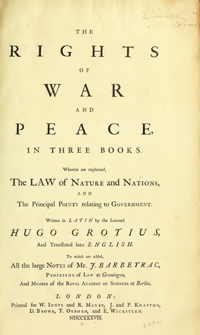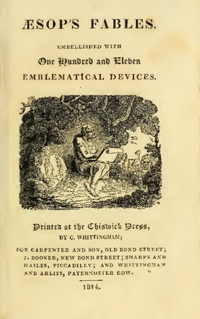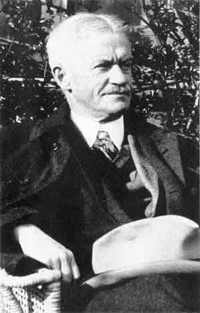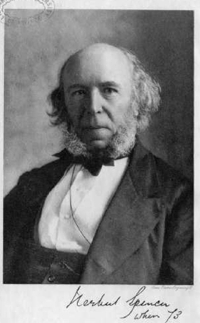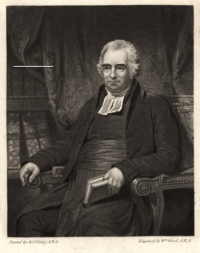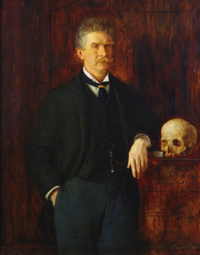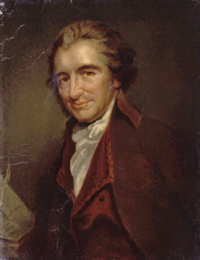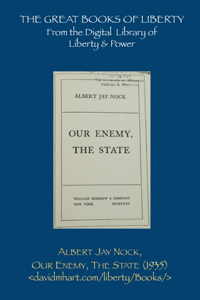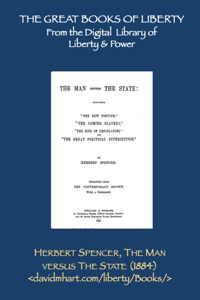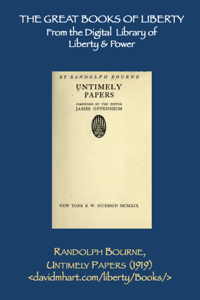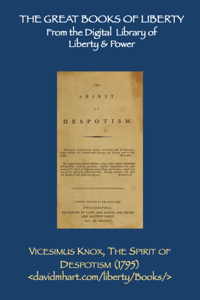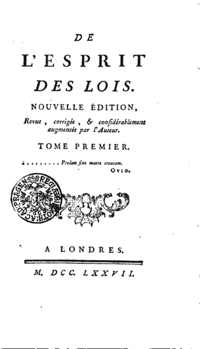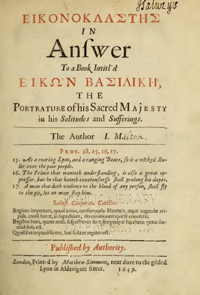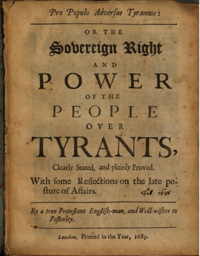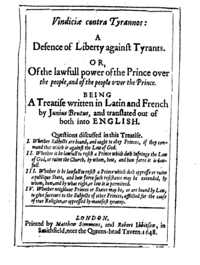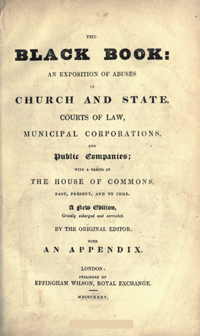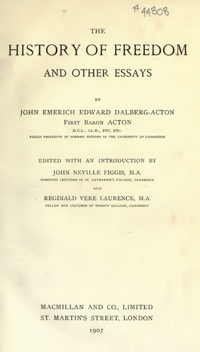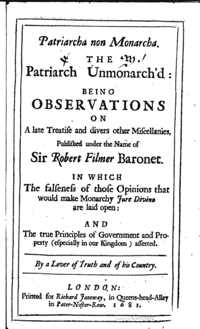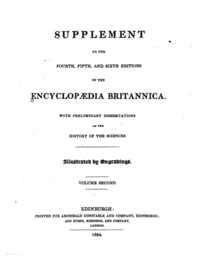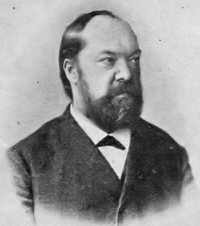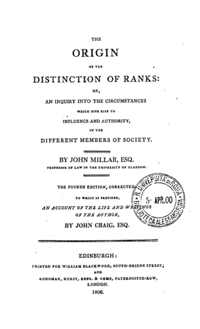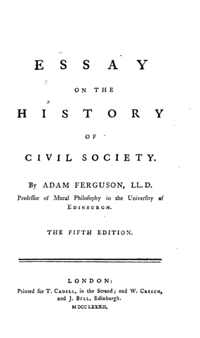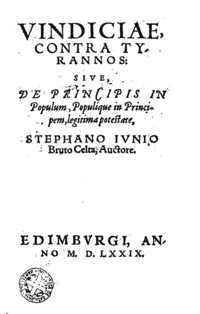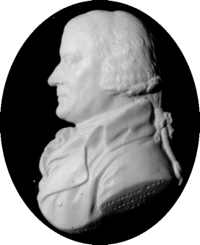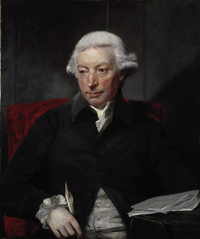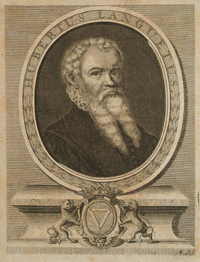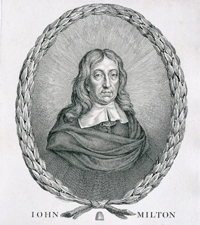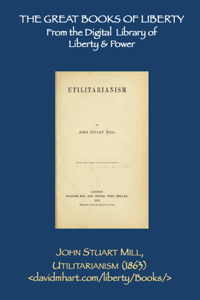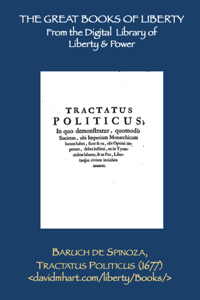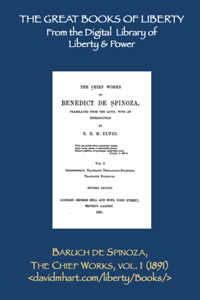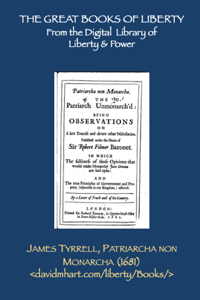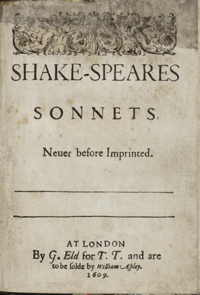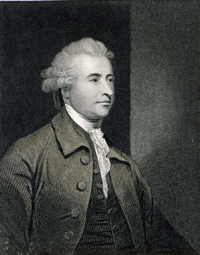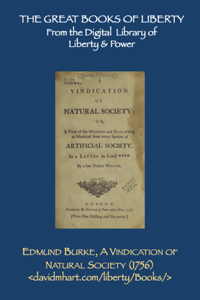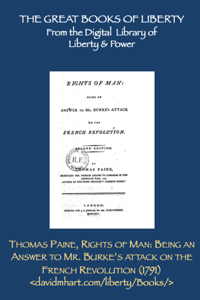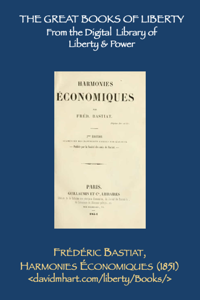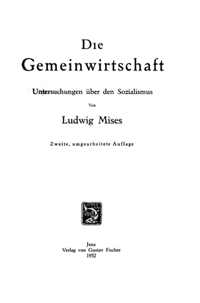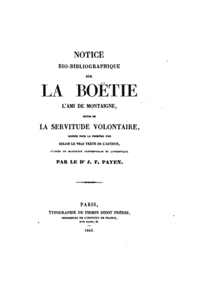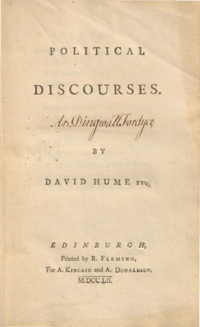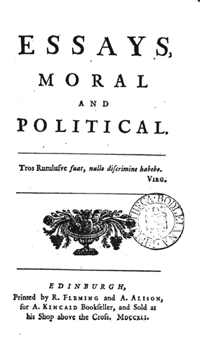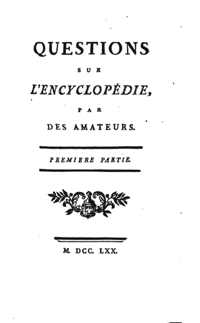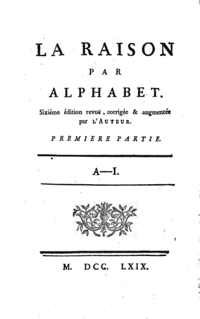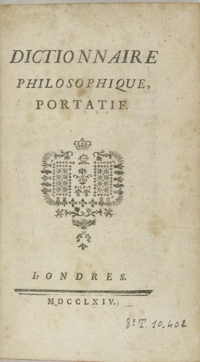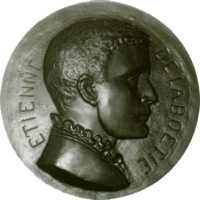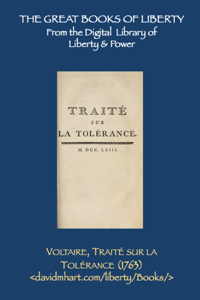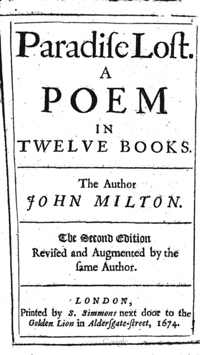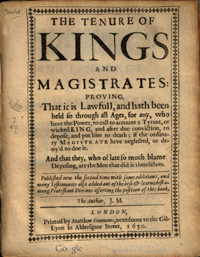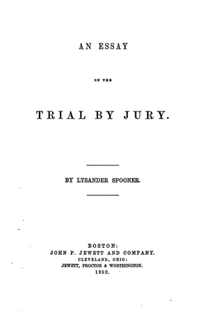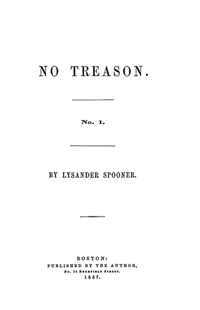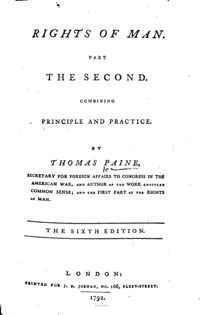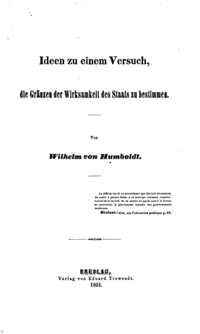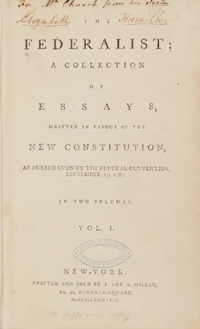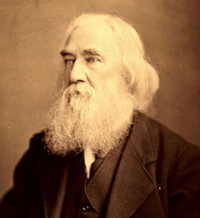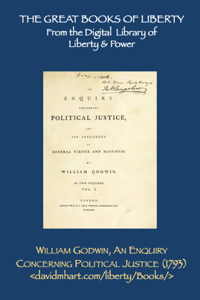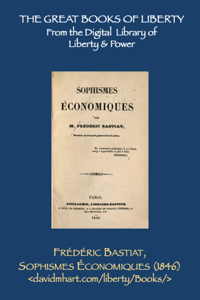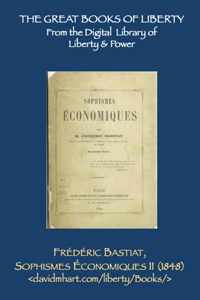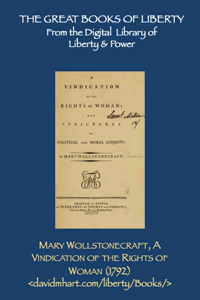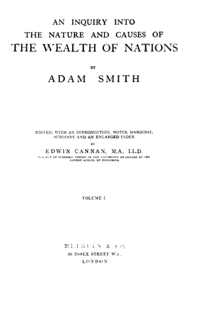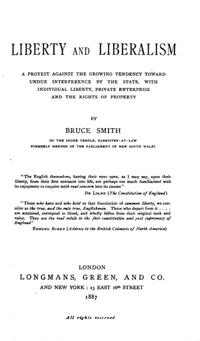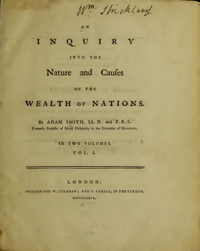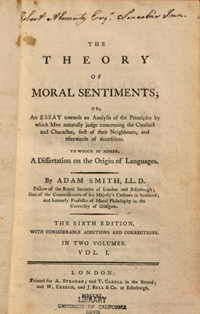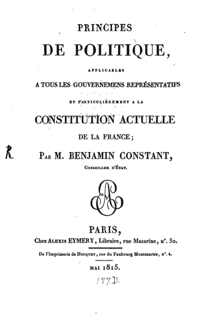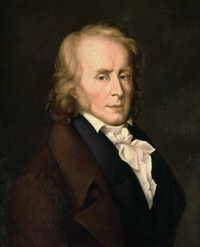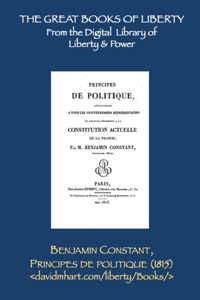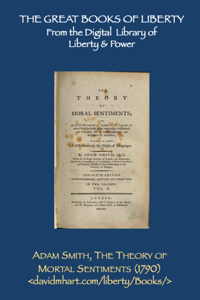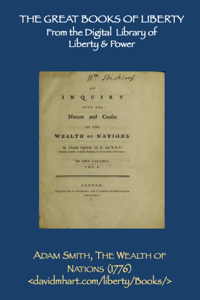
The Digital Library of Liberty & Power
Recent Additions in L'An IV (2023)
[See additions made in L'An I (2020), L'An II (2021), L'An III (2022), and the Archive of Material added 2011-2019]
[Additions by topic: Classical Liberalism | Anglo-American | French | German | Levellers |
Class Analysis | Images of Power | Papers | Strategy | War & Peace ]
[Updated: 24 January, 2024]
The Guillaumin Collection
|
The "Guillaumin Collection" of great books about liberty and power contains 138 titles by 70 authors. In 2023 we celebrate the anniversaries of the following authors and texts:
|
|
50 Years and Counting ...This year is also the 50th anniversary of my discovery of classical liberal/libertarian ideas when I was still in high school here in Sydney. Here are 20 of those books. Several are pretty battered:
From left to right they are (with links to online versions where available): Etienne de la Boetie, The Discourse of Voluntary Servitude (1570s); Frédéric Bastiat, Economic Sophisms (1846-48); Frédéric Bastiat, Economic Harmonies (1851); Frédéric Bastiat, Selected Essays on Political Economy (1845-1850); Gustave de Molinari, "The Production of Security" (1849) in French and English; Gustave de Molinari, Les Soirées de la rue Sainte-Lazare (1849); Herbert Spencer, Social Statics (1851); Lysander Spooner, No Treason and Letter to Thomas Bayard (1870); Lysander Spooner, Collected Works; Albert Jay Nock, Our Enemy, the State (1935); Ayn Rand, Atlas Shrugged (1957); Morris and Linda Tannehill, The Market for Liberty (1970); Richard and Ernestine Perkins, Precondition for Peace and Prosperity: Rational Anarchy (1971); Murray N. Rothbard, Man, Economy, and State (1970); Murray N. Rothbard, Power and Market: Government and the Economy (1970); Murray N. Rothbard, For a New Liberty (1973); Murray N. Rothbard, "The Anatomy, of the State" (1965); Robert Nozick, Anarchy, State and Utopia (1974); the Workers Party. Platform (1975). What are missing from this photo is Roy Childs, “An Open Letter to Ayn Rand: Objectivism and the State” (1969) (which I have lost in my travels), Ludwig von Mises, Socialism (1922, 1936, 1951) which I gave away at some point, John Hospers Libertarianism: A Political Philosophy for Tomorrow (1971) which I sold when I moved countries, and Murray Rothbard's newsletter The Libertarian Forum (1969-1964). I reflected on the successes and failures of the liberty movement over the past 50 years in this blog post: “The State of the Libertarian Movement after 50 Years (1970-2020): Some Observations” (25 March, 2021) |

ADDITIONS IN 2023 / L'AN IV
December 2023
|
Blog posts:
Talks and Papers: I have edited and upgraded to the new format the following essays and papers:
Additions to the Library:
STATEMENT OF PROGRESS OF FOUR PROJECTSAt the end of l'An IV of the new revolutionary calendar it is time for a statement of progress of the following major projects: I. A Summary of the Current State of the Bastiat Project at the end of 2023 The Collected Works (in French) a redesign of the list of Bastiat’s complete works (letters (216); and articles, pamphlets, and books (3323)) with user-sortable tables and links to those texts which I have online in French his Collected Works (in French) in one large file: Bastiat, The Collected Works in French in Chronological Order (2014, 2024) in enhanced HTML. File word lenth in 2014 - 1.07 million words; 2024 word length 1.367 million words a re-edit of as much of his Oeuvres complètes (1862-64) as I could get into the enhanced HTML format
Important Books and Pamphlets in enhanced HTML:
Anthologies of Bastiat's writings:
Articles and Papers by me on various aspects of Bastiat's life and work (revised and enhanced)
II. A Summary of the Current State of the Molinari Project at the end of 2023 Places to Begin:
Anthologies of some of his key writings:
Important Books and Articles in enhanced HTML:
Articles and Papers by me on various aspects of Molinari's life and work (revised and enhanced)
III. A Summary of the Current State of the Comte and Dunoyer Project at the end of 2023 Places to Begin:
Journals:
Anthology:
Important Books in enhanced HTML:
Articles and Papers by me
IV. A Summary of the Current State of the Leveller Project at the end of 2023 Places to Begin
Anthologies: 2 are underway and near completion
Important Debates within the Army
Other Things of Interest
|
|
|
|
 |
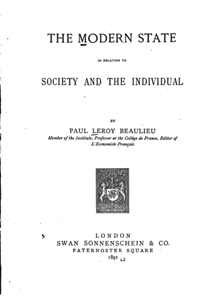 |
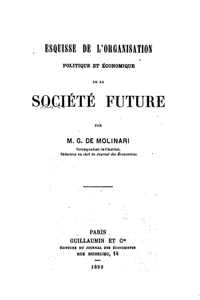 |
New this month to the eBook Collection on Liberty and Power - [ToC] |
|||
|
|
|
|

November 2023
|
Blog posts:
Talks and Papers:
Additions to the Library: I have updated to the new format the following works:
|
|
|
|
Paul Leroy-Beaulieu (1843-1916) |
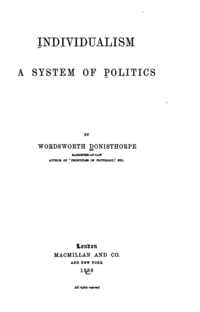 |
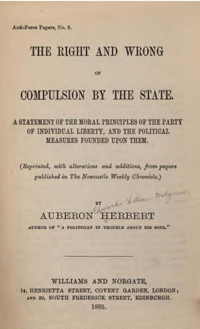 |
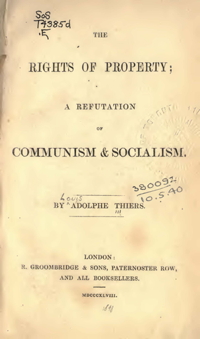 |
 |
Andrew Marvell (1621-1678) |
|||
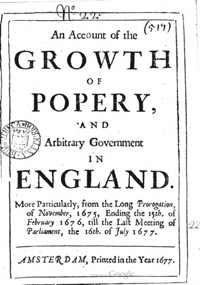 |
New this month to the eBook Collection on Liberty and Power - [ToC] |
|||
|
|
|
|
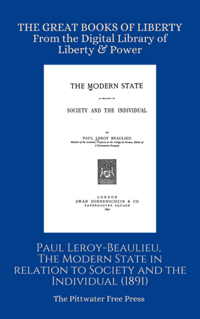 |
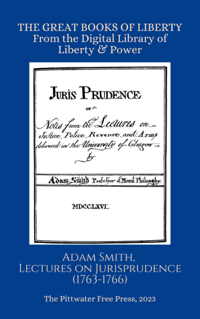 |
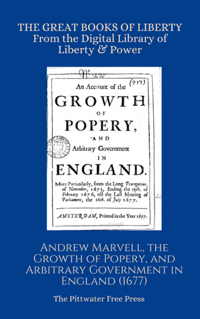 |
|

October 2023
|
Blog posts:
Talks and Papers:
The Pittwater Free Press: A selection of works from the Guillaumin Collection are now available on Amazon Kindle Direct Publishing as ePub (“Kindle”) and “print on demand” (POD) paperback books. I have called my publishing venture “The Pittwater Free Press” as my study where all this activity takes place overlooks a body of water known as Pittwater, named in 1788 in “honor” of William Pitt the Younger who was the current PM of Britain. I like to think that there was considerable smuggling of alcohol through Pittwater to the young colony of Sydney in violation of the military ban. As the symbol of the Guillaumin Collection I use a colour image of a French Phrygian or Liberty Cap. Unfortunately Amazon doesn’t like colour inside the books so I had to find a black and white version. Is is a Roman coin which depicts the cap and the dagger used to kill the tyrant Julius Caesar. The Amazon publishing process is quite complex but there are some useful tools to make the process more efficient, such as Canva to create higher resolution covers, Kindle Preview to format my HTML in the required way, and Google Chrome browser to set the margins more precisely in the PDF. The first stage of the experiment produced 5 texts (links are to POD version):
Additions to the Library:
|
Samuel von Pufendorf (1632-1694) |
|
|
|
New this month to the eBook Collection on Liberty and Power - [ToC] |
|||
|
|
|
|

September 2023
|
Blog posts:
Talks and Papers:
Additions to the Library:
|
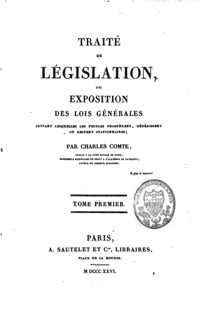 |
|
|
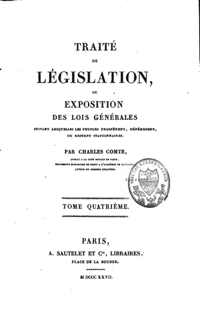 |
New this month to the eBook Collection on Liberty and Power - [ToC] |
|||
|
|
|
|

August 2023
|
Blog posts:
Talks and Papers:
Additions to the Library:
|
|
Sir William Blackstone (1723-1780) |
Cantillon, Richard (1680s-1734) |
|
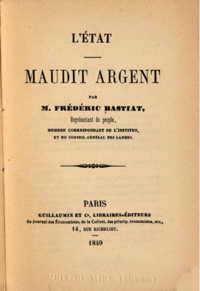 |
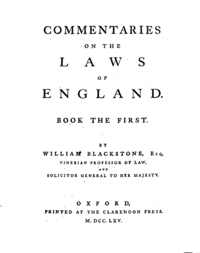 |
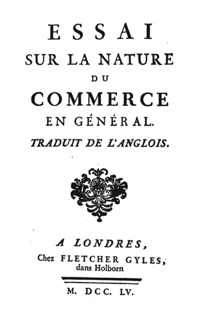 |
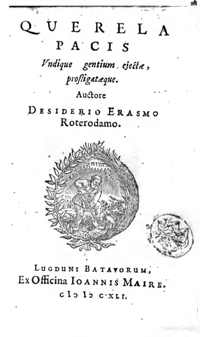 |
New this month to the eBook Collection on Liberty and Power - [ToC] |
|||
|
|
|
|
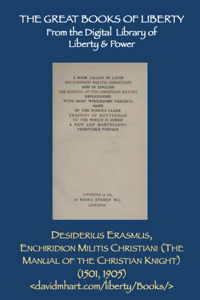 |
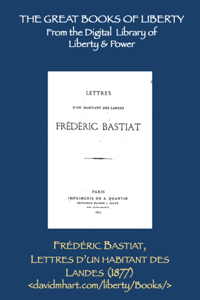 |
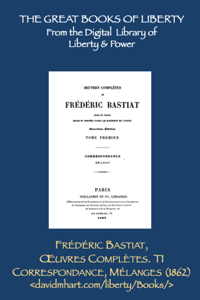 |
 |
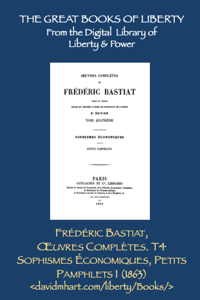 |
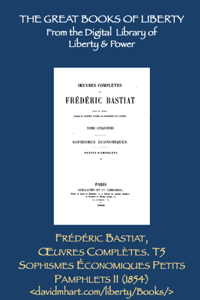 |
 |
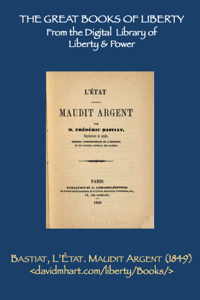 |
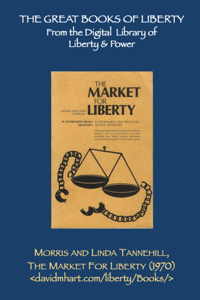 |
 |
||

July 2023
|
Blog posts to Reflections on Liberty and Power:
Talks and Papers:
Additions to the Library:
Quote from John Trenchard, “The encroaching Nature of Power, ever to be watched and checked,” Cato's Letters (Saturday, February 9, 1723):
|
|
James Mill (1773-1836) |
|
Alexis de Tocqueville (1805-1859) |
|
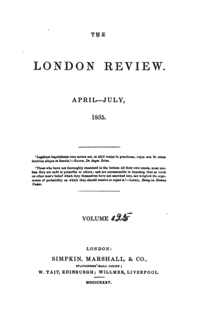 |
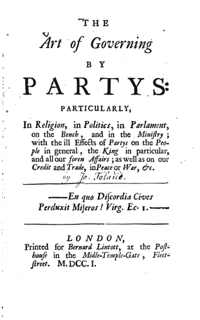 |
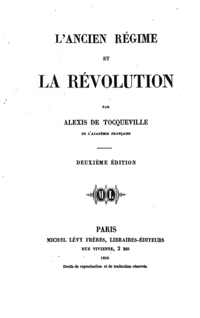 |
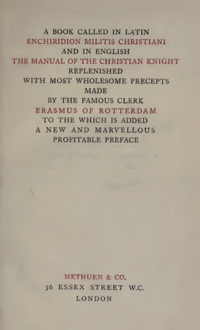 |
New this month to the eBook Collection on Liberty and Power - [ToC] |
|||
|
|
|
|

June 2023
|
Blog posts:
Talks and Papers:
Additions to the "Guillaumin Collection" (both new and upgraded older titles):
Additions to the Library:
|
Albert Jay Nock (1870-1945) |
|
|
Vicesimus Knox (1752-1821)
|
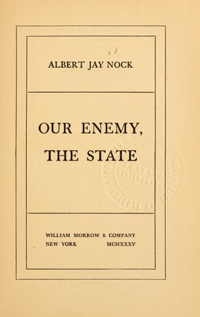 |
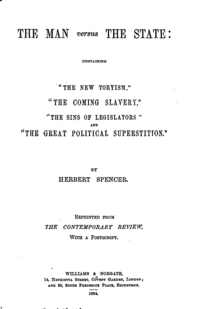 |
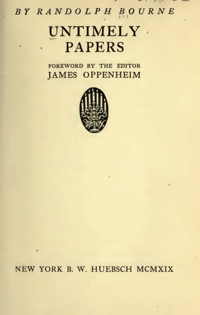 |
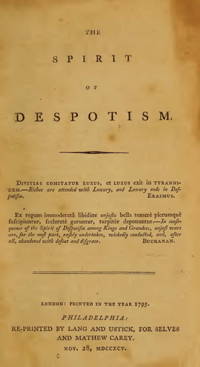 |
Ambrose Bierce (1842-1914) |
Francis Hutcheson (1694–1746) |
|
Thomas Paine (1737-1809) |
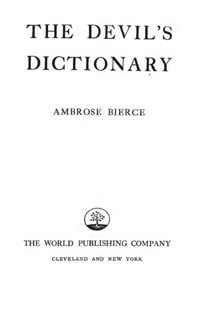 |
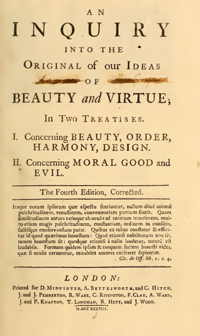 |
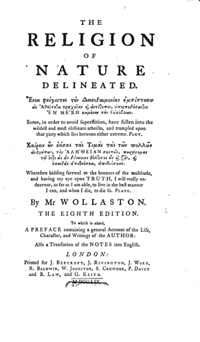 |
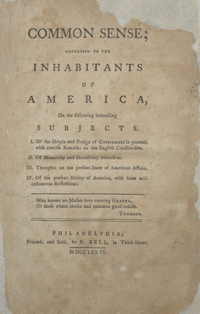 |
New this month to the Guillaumin eBook Collection on Liberty and Power - [ToC] |
|||
|
|
|
|
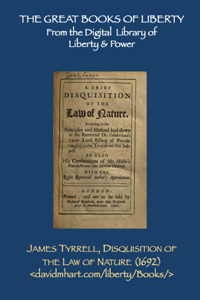 |
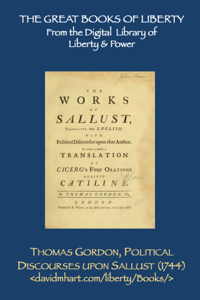 |
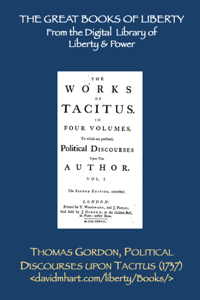 |
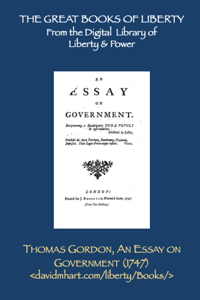 |
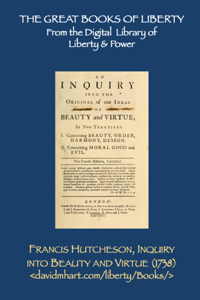 |
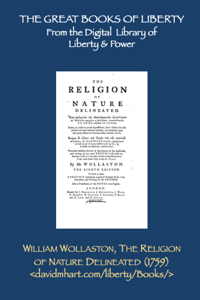 |
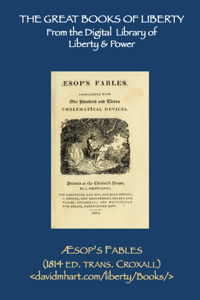 |
 |
 |
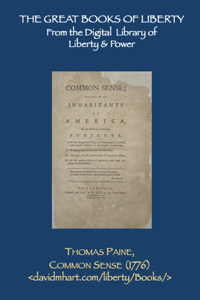 |
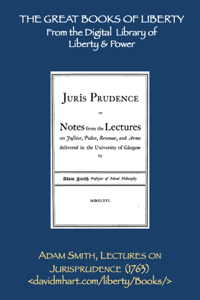 |
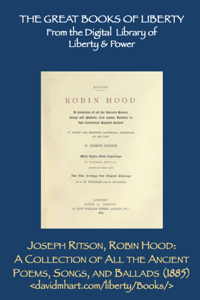 |
 |
|||

May 2023
|
Blog posts:
Talks and Papers:
Additions to the "Guillaumin Collection" (both new and upgraded older titles - now 91 and counting):
|
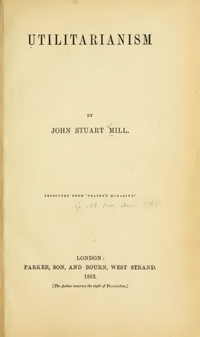 |
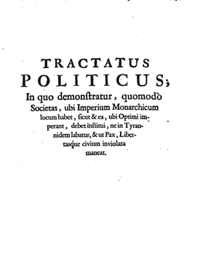 |
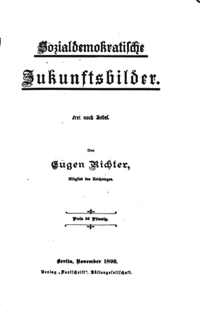 |
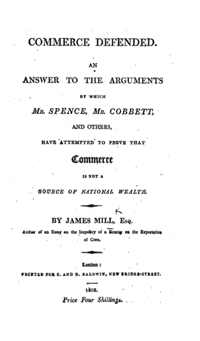 |
|
|
|
|
|
|
|
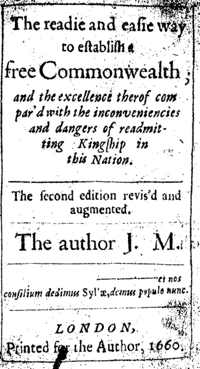 |
John Millar (1735-1801) |
Adam Ferguson (1723-1797) |
Hubert Languet (1518-1581) |
|
New this month to the Guillaumin eBook Collection on Liberty and Power - [ToC] |
|||
|
|
|
|
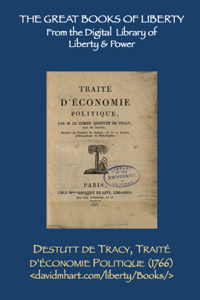 |
 |
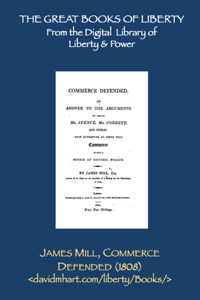 |
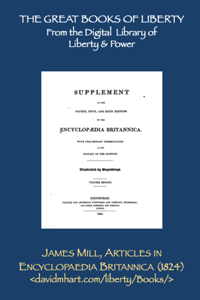 |
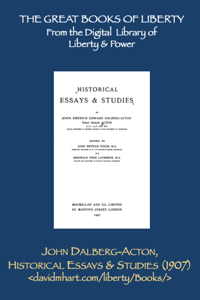 |
 |
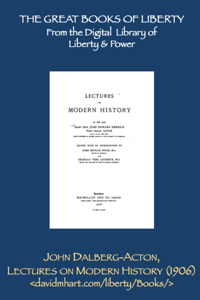 |
 |
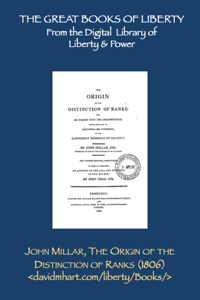 |
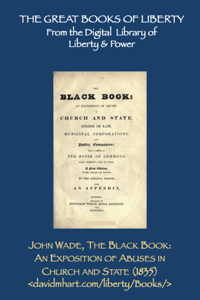 |
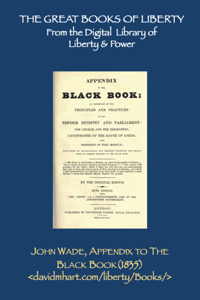 |
 |
 |
 |
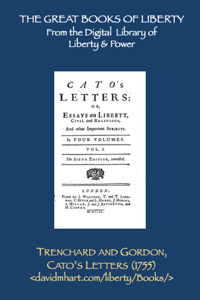 |
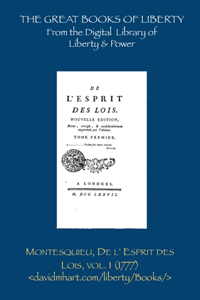 |

April 2023
|
Announcements:
Blog posts:
Talks and Papers:
Additions to the "Guillaumin Collection" (now 63 titles in 84 volumes, and counting):
Additions to the Library:
|
|||
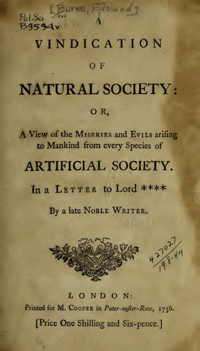 |
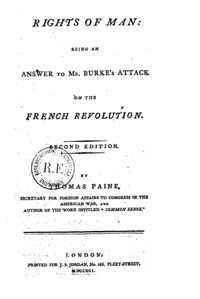 |
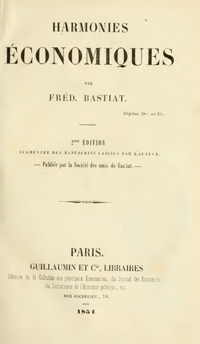 |
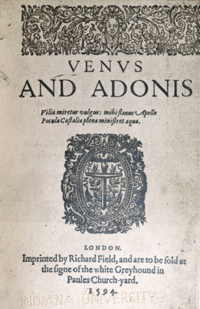 |
|
|
|
|
|
New this month to the Guillaumin eBook Collection on Liberty and Power - [ToC] |
|||
|
|
|
|
 |
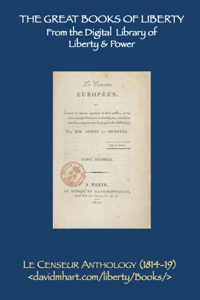 |
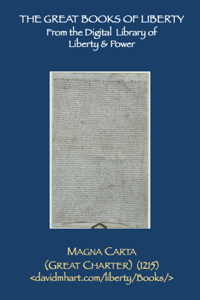 |
|

March 2023
|
Blog posts:
Talks and Papers:
Additions to the "Guillaumin Collection" (now 56 titles in 77 volumes, and counting):
Additions to the Library:
|
||
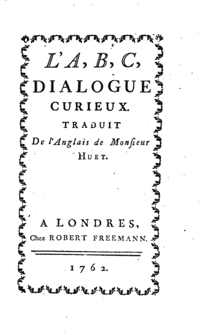 |
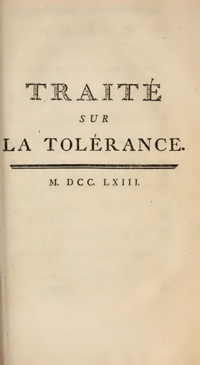 |
|
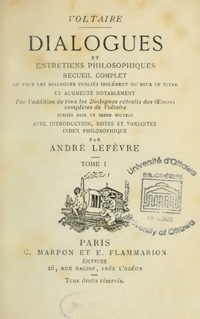 |
|
|
|
|
New this month to the Guillaumin eBook Collection on Liberty and Power - [ToC] |
|||
|
|
|
|
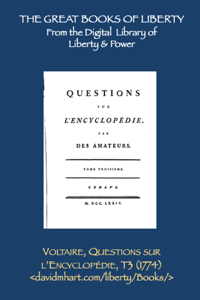 |
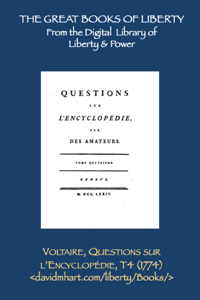 |
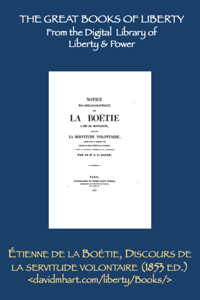 |
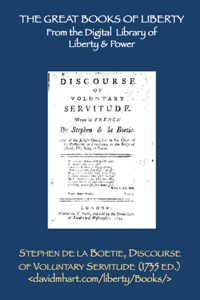 |
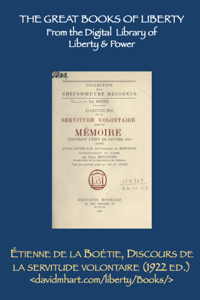 |
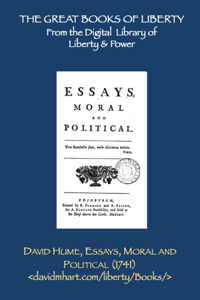 |
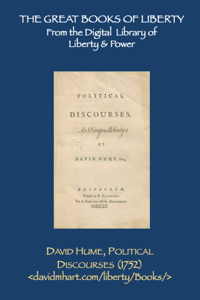 |
 |

February 2023
|
Blog posts:
Talks and Papers:
Additions to the "Guillaumin Collection" (now 49 titles in 65 volumes, and counting):
Additions to the Library:
|
||
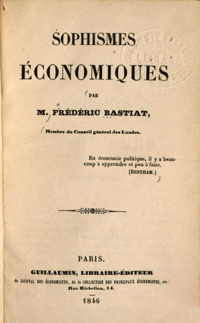 |
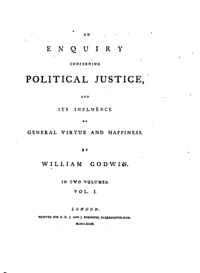 |
 |
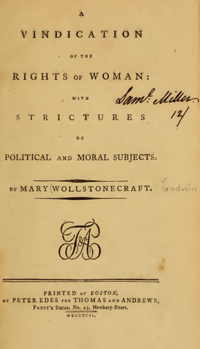 |
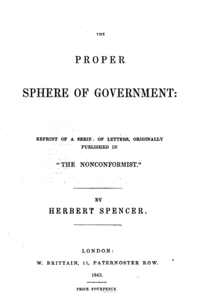 |
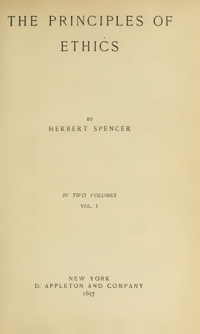 |
||
|
|
|
Mary Wollstonecraft (1759-1797) |
|
|
|
|
New this month to the Guillaumin eBook Collection on Liberty and Power - [ToC] |
|||
|
|
|
|
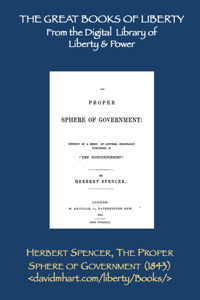 |
 |
 |
 |
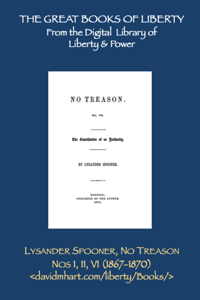 |
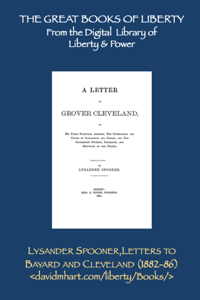 |
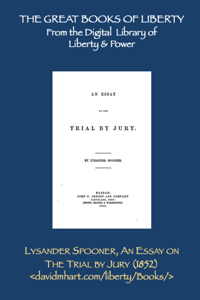 |
 |

January 2023
|
Blog posts:
Talks and Papers:
Additions to the "Guillaumin Collection":
Additions to the Main Library:
|
||
|
Adam Smith (1723-1790) |
|
|
New this month to the Guillaumin eBook Collection on Liberty and Power - [ToC] |
|||
|
|
|
|
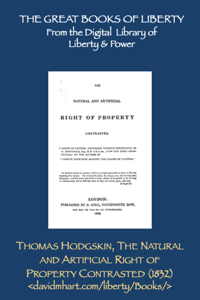 |
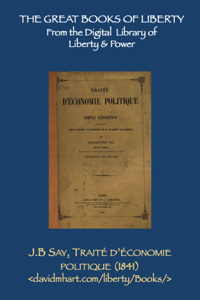 |
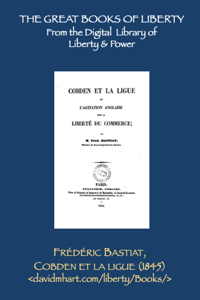 |
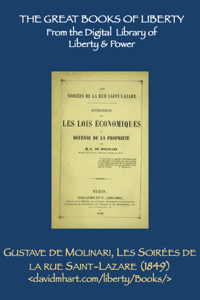 |
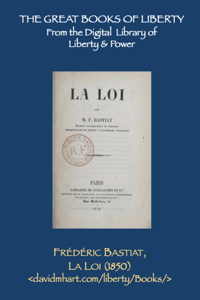 |
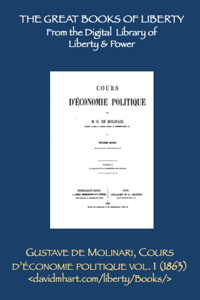 |
 |
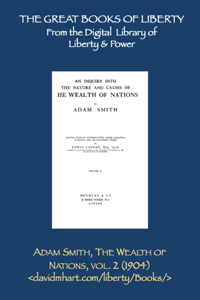 |



